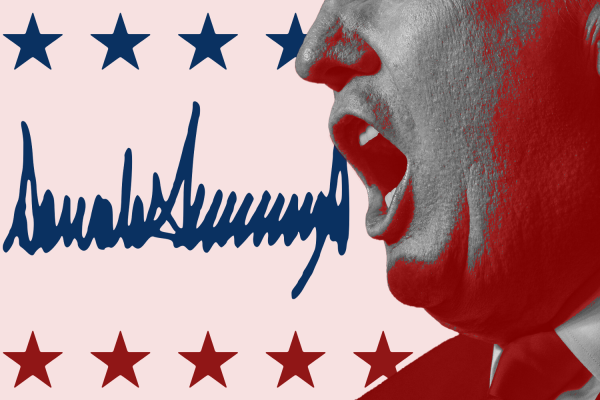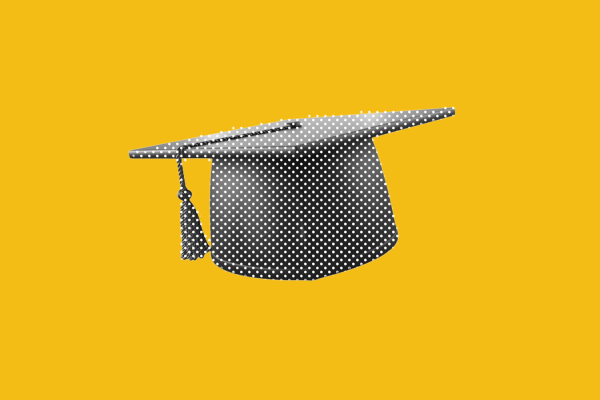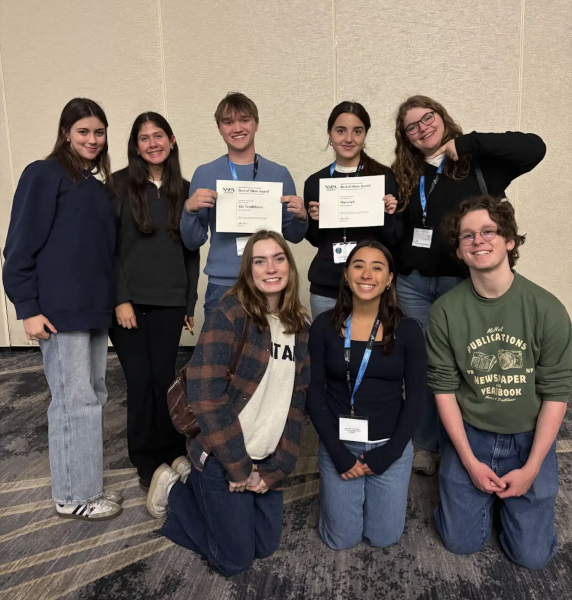RRISD Exemption Policy Unfairly Penalizes Students
Like many people at McNeil, I’ve been studying for my midterms this week. But I didn’t think I’d have to take them.
I found out last week that I had too many absences to be exempt from taking my midterm exam in any classes. I was confused, since I had gone through Home Access Center and counted less than two unexcused absences in each. I went to the front office to ask about it. In November, I was out of school for four days with the flu, having my absences excused from a doctor’s note. Inexplicably, these days were included in the school’s count.
Round Rock ISD policy takes into account excused absences when calculating if students are eligible to exempt exams based on attendance. Between this policy and others, the district contradicts itself. Texas Administrative Code lists a series of circumstances under which students should not be allowed to attend school in person. The student having a fever in the last 24 hours is on the list, as well as the student being diagnosed with COVID-19. In many cases, by staying home, the student was following regulations encouraged by both the school and state, even going through the process of getting a doctor’s note to excuse the absence – only to be penalized when finals week arrived.
This policy incentivizes students to go to school when sick, which could lead to the spread of disease. Following the pandemic, the US has experienced a cultural shift, making it less acceptable to be in public while sick. One might expect that district officials would recognize the importance of preventing the spread of disease as part of this cultural shift, but their policies certainly don’t reflect any acknowledgement of that importance. The administration explained that the policies are in place because attendance is how the school receives funding. They say the incentive to attend school while sick is an “unintended consequence.” This begs the question: what was the intended consequence? John Mark Edwards said that the policy is in place to “incentivize and reward students that were present in class equal to or greater than 95% of their class time.” In what way would students even be able to cut down on excused absences? Maybe they want to encourage students to try to schedule doctors appointments outside of school hours. However, it is hard to rack up enough excused absences from doctors appointments alone to make a difference for exemptions. The policy targets students who miss school because of illness in a way that makes little sense.
While there is a lot to dissect about the motivations of the district’s exemption policies, the truth is that most students don’t really care why it happens. They simply care that they’re no longer allowed to exempt midterm exams because they had the bad luck to get the flu or COVID or have circumstances that require them to have regular doctor’s appointments that they attend during school hours. Setting aside the message that the district sends with this policy, the student perspective is simple: it’s frustrating, it doesn’t make sense and it’s just not fair.
Your donation will support the student journalists of McNeil High School. Your contribution will allow us to purchase equipment and cover our annual website hosting costs.











Basia • Jan 11, 2023 at 12:20 pm
Good article Carter. Totally agree w/your points. It’s extremely frustrating as a parent, as well.
RM • Dec 12, 2022 at 8:22 am
It’s ridiculous! Just like the cheerleaders don’t get a full credit like other classes! The cheerleaders work hard and they only get 1/2 credit! RRISD needs to re-think this crap!